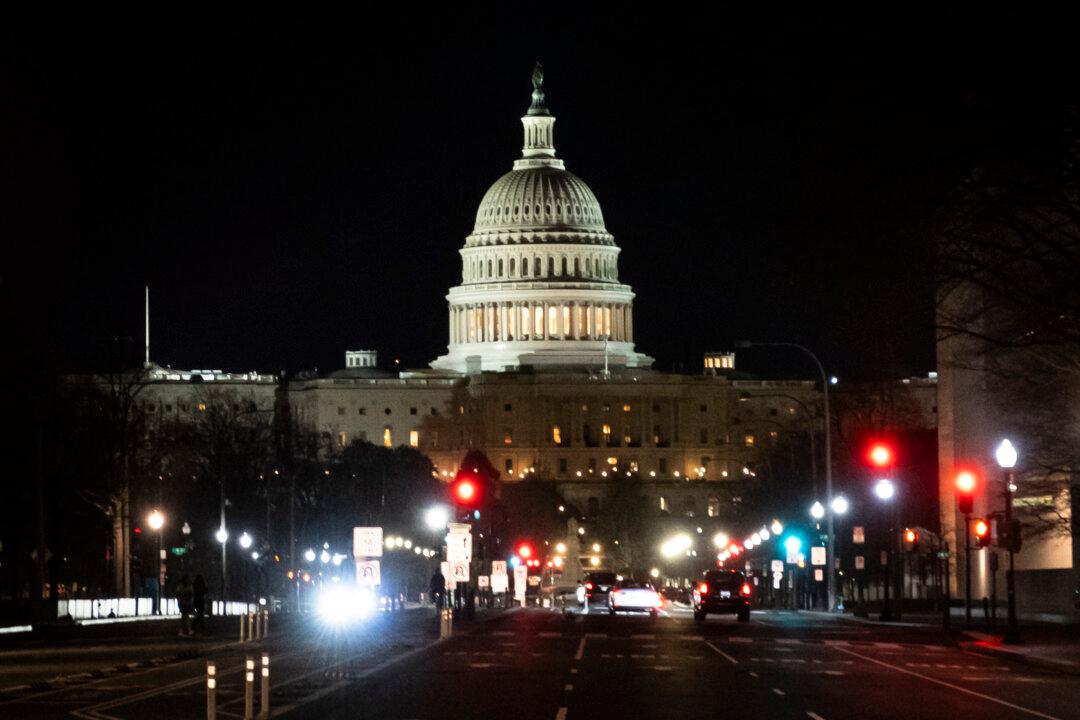The United States could be headed for a government shutdown if Congress fails to strike a deal this week on the remaining fiscal year 2024 spending bills that members have yet to pass.
In a race against time, Congress passed a package of six appropriations bills earlier this month, narrowly avoiding a partial shutdown. The deadline to pass the remaining six bills is Friday, March 22.





